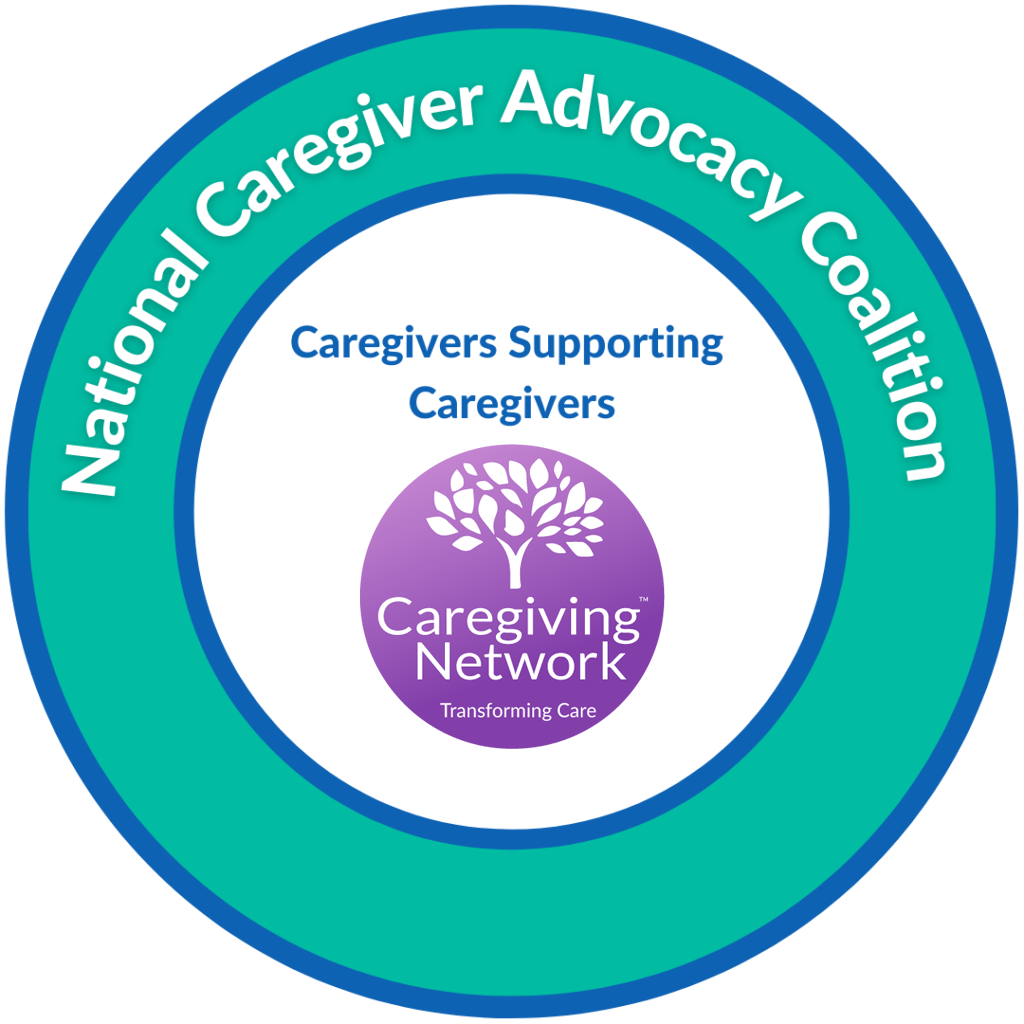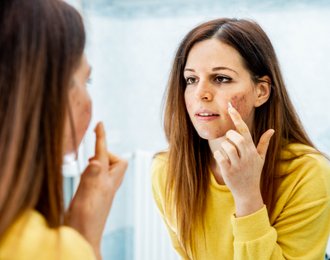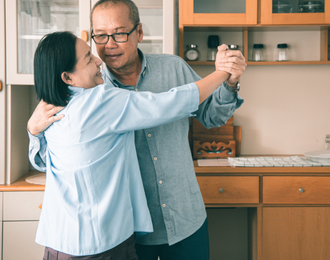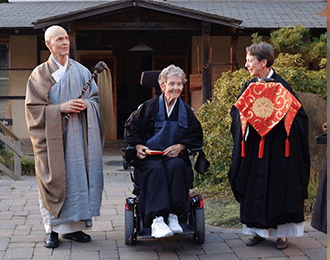It’s My Sibling Who Has OCD. So, Why Am I Having a Tough Time?
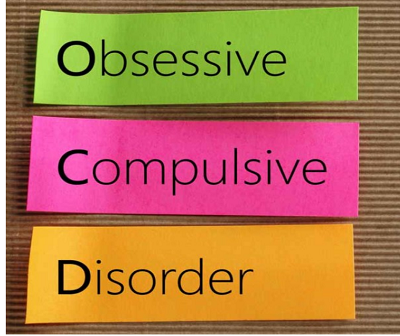
ADAA Updated for August 2021
Author: Michelle Witkin, Ph.D
Katrina was excited. She, her sister, Maia, and their mother were on the way to the park to play handball. Suddenly, Maia screamed and collapsed on the ground, wailing. “A fly landed on me! A fly landed on me!” Her mother tried to calm Maia down, but with no success. “I’m sorry.” Katrina’s mom said, “We have to go home.” Katrina was crushed; her sister’s fears had ruined yet another family outing.
Sam was playing video games with his friend, Kai, and his brother, Marc. At an important point in a big battle against their opponents, Marc seemed to stop playing. Sam looked over to see Marc tapping the controller in an awkward rhythm. Kai, frustrated, turned to Sam and demanded, “Why’s your brother so weird?”
Sara was settling into language arts after recess had ended when a yard supervisor entered her classroom. After talking with the supervisor, Sara’s teacher came over to where she was working. “Sara, your sister is upset and you seem to know how to calm her down. Can you go with Mrs. X to help her?” Not again, thought Sara. I just want to do my work.
When one child in a family has Obsessive-Compulsive Disorder (OCD), they are not the only one impacted. OCD affects the entire family – it demands others accommodate, and family members can be distressed by watching the other suffer. Siblings without OCD can feel the effects of the disorder in many ways.
After all, they are frequently witness to meltdowns, have plans derailed by unexpected challenges raised by the disorder, may be the target of their sibling’s OCD, face or fear judgement from friends, and can even be asked by well-meaning people to take responsibility when their sibling is struggling. Yet, sometimes siblings’ reactions and challenges are overlooked when a family is dealing with the disorder. A bit of awareness, education, and support can go a long way to helping siblings cope better when they have a brother or sister with OCD.
A first step is acknowledging that siblings may be impacted and experiencing a number of feelings and reactions. They may feel confused by their sibling’s behavior, by the disorder itself, or by how others are acting toward their sibling. Anger is another common emotion for siblings who may experience OCD as taking away from family time, individual activities, and even attention from parents.
Fear can also be a factor for siblings. Their brother’s or sister’s reactions can seem frightening and, if the OCD is directed at them (e.g., sibling is seen as “contaminated”), they may fear they’ve done something to cause it. Some siblings may feel responsible for taking care of their sibling with OCD – especially if they are frequently asked for help in managing their sibling’s outbursts. Sadness, loneliness – actually any emotion is normal.
Siblings can cope with their brother’s or sister’s OCD diagnosis better if they understand what is going on, feel they have support, and know how they can help. Start a conversation where the sibling can feel safe to share and allowed to feel whatever emotions they are experiencing. Also important is explaining OCD to the sibling, as well as what is going on in treatment to help it, at a level that is age-appropriate.
OCD is less frightening when you understand it. If the sibling with OCD is comfortable, it may be helpful for them to share their specific OCD with their sibling. Siblings can meet their brother’s/sister’s OCD therapist and learn about the disorder and how to help. They can learn to assist with exposures and how not to accommodate OCD (some siblings may not want to do this, and that is okay).
Some siblings may do well to have therapy of their own, where they can feel safe to talk about what they are going through and learn more ways to help themselves. Healthier families conquer OCD more successfully. Helping siblings cope with the disorder can bring big strides toward weakening the disorder’s impact on everyone.
